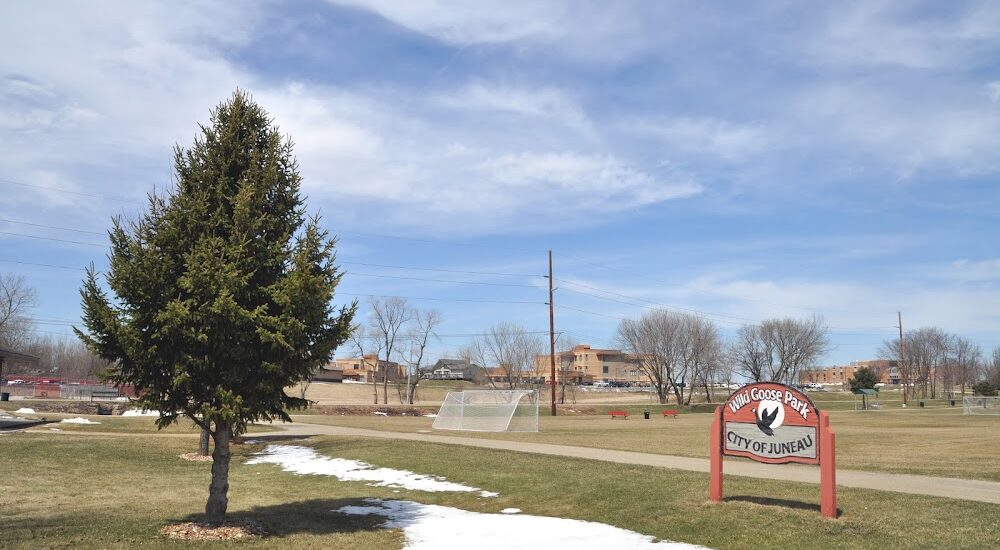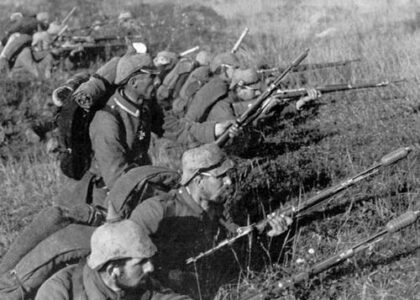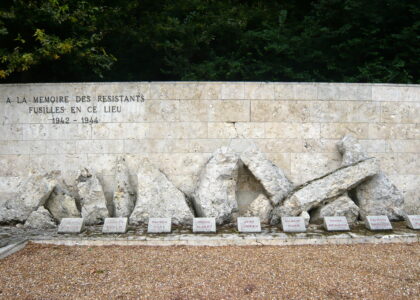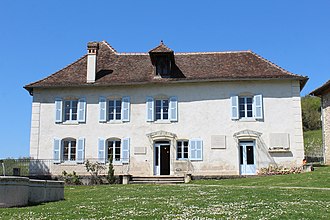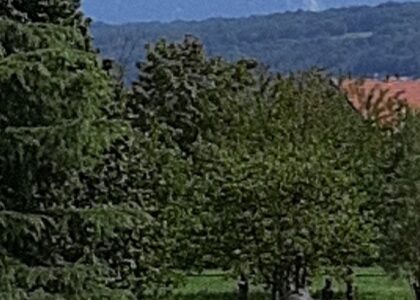Welcome to Wild Goose Park in Juneau, Wisconsin, a site where history and nature walk hand-in-hand. Established in the mid-19th century, this park has long served as a gathering place for locals and travelers alike. Originally named ‘Victory’ by settlers in 1845, the area was renamed Juneau in honor of Paul Juneau, the son of Solomon Juneau, the French-Canadian fur trader who founded Milwaukee. Paul Juneau played a pivotal role as a liaison between local Native American tribes and the European settlers, a testament to his influence on the region’s development.
Over time, Wild Goose Park has evolved from a simple recreational area to a vibrant community hub. It is part of the Wild Goose State Trail, a converted railway line that offers breathtaking views of Wisconsin’s rural landscape. This trail is popular among hikers and cyclists, providing a scenic route through farm fields and marshlands.
The park itself is equipped with modern amenities, including picnic shelters, playgrounds, and athletic fields, making it an ideal spot for families and outdoor enthusiasts. It also offers overnight camping for those exploring the trail, a nod to its historical roots as a resting place for travelers.
Wild Goose Park’s story is intertwined with the broader history of Juneau and Dodge County. The city of Juneau was incorporated as a village in 1865 and as a city in 1879, with Wild Goose Park becoming a focal point for community events and gatherings. The park’s proximity to the Dodge County Airport and its role as a trailhead for the Wild Goose State Trail highlight its ongoing importance as a destination for both locals and visitors.
As you enjoy the natural beauty and historical significance of Wild Goose Park, remember that you are treading on the same paths once walked by early settlers and Native Americans. It’s a place where the past meets the present, offering a glimpse into the rich tapestry of Wisconsin’s history.


